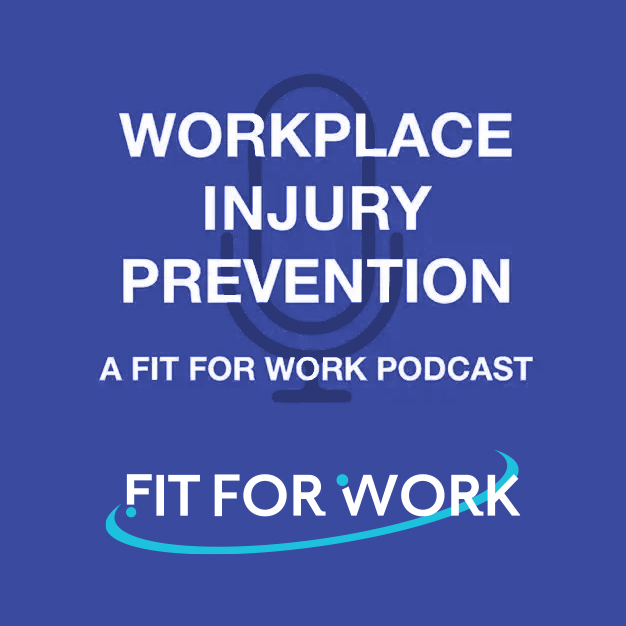While previously primarily a concern in healthcare-oriented fields, the pandemic has made employee health and wellbeing a central component of business performance across all industries. This concern extends beyond health and safety to encompass everything from space usage and ventilation to customer interactions.
Because it’s grown so much in importance to an organization’s overall success, employee health is now a central concern for business leaders everywhere, leading many to create the position of Chief Medical Officer (CMO).
In a recent piece in JAMA Health Forum by Christopher G. Myers, PhD, Daniel Polsky, PhD, and Sanjay Desai, MD, the authors delve into the growth of the CMO role and what it could mean for the future of bringing health into business.
What is a CMO?
The position of CMO is one already found commonly in healthcare, but it is now becoming common in corporations including the likes of Google, Delta, the NFL, and others. There are also opportunities for a fractional medical director for mid-market corporations unable to justify the need for a full-time CMO.
Given its wide breadth, the role varies from one industry to the next, but is commonly responsible for:
- All health issues that can affect a company
- Guidance for corporate leaders on regulatory affairs
- Management of employee health and well-being
- Communication of medical information to employees and stakeholders
Some CMOs are focused on customer health and service capacity while others are more focused on occupational health and safety.
But regardless of core focus, most CMOs are physicians with extensive medical knowledge and patient care experience who are tasked with accounting for the physical and mental health of their employees. Many CMOs are also required to have a knowledge of the company’s operations, industry policies, and terminology.
The Future of the CMO
The rise of the CMO role across all industries is a recent example of how physicians today need to be able to do more than just deliver care in traditional clinical settings – and interest in these pursuits is growing among recent medical school grads.
This may, however, require a reimagination of medical training as we know it. Most medical schools today don’t devote much focus toward training in public health and safety or in core business management skills – but this could change.
The CMO role gives safety professionals the opportunity to improve the health and well-being of a large number of people by making decisions that can influence an entire organization. As Myers, Polsky, and Desai state in their piece, it is “incumbent on the medical profession to consider not only how business can influence health, but also how physicians can be best positioned to bring health into business.”
About Fit For Work
Safety in the workplace is an evolving necessity — and it’s now about so much more than instructional videos and first aid training. It’s about getting ahead of injuries before they happen by cultivating a proactive, results-driven safety program focused on preventing your employees from becoming patients.
Fit For Work achieves this by providing employers at more than 1,750 locations across the country with strategic, consistent support to ensure their workers can experience a safer, happier, and more productive professional life. From onsite early intervention and ergonomics to safety compliance and employee testing, our services are designed to help safety managers and specialists prevent injuries while creating a more productive environment for their workers.





